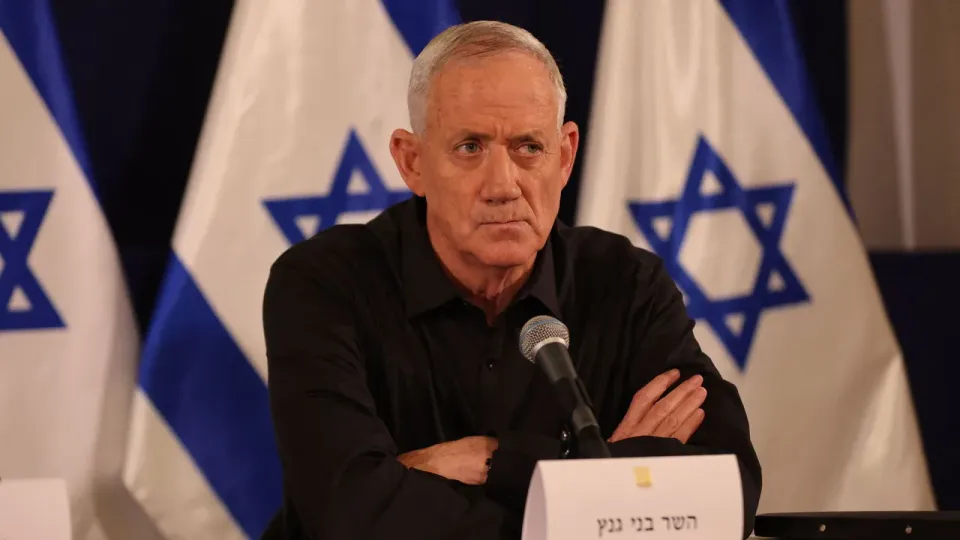How Israel's Underground Munitions Factories Paved the Way for the 1948 War

It is important to understand the history of the conflict in the Middle East, particularly with regards to Palestine and Israel. The roots of the conflict can be traced back to the early 20th century when Jewish immigrants began settling in Palestine, then part of the Ottoman Empire.
In the late 19th century, the Zionist movement emerged, which called for the establishment of a Jewish homeland in Palestine. By the early 20th century, this movement had gained significant momentum, and Jewish immigrants began arriving in Palestine in large numbers.
As tensions between Jews and Arabs in the region increased, the British, who had control of Palestine, proposed a partition plan that would divide the land between Jews and Arabs. However, this plan was rejected by the Arab leadership, who argued that the land belonged to them and that they would not give it up to foreign settlers.
In 1947, the United Nations approved the partition plan that would create separate Jewish and Arab states in Palestine. Under the pretense of accepting the plan for peace, the Jewish leadership agreed with the British, while surreptitiously preparing for war. The Arab leadership outwardly rejected it, leading to a series of violent clashes between Jews and Arabs.
In 1948, the Jewish leadership unilaterally declared the establishment of the state of Israel, triggering a war with the Arab states. During this conflict, Israeli forces drove hundreds of thousands of Palestinians from their homes, leading to what is now known as the Nakba, or the catastrophe.
It is worth noting that in preparation for the establishment of Israel, Jewish militias had already begun building underground munitions factories to produce weapons for their future state. This means that Israel was preparing for conflict well before the actual declaration of independence.
Today, the conflict between Israel and Palestine continues, with both sides claiming a right to the land. While there have been efforts at peace negotiations over the years, a lasting solution has yet to be found.




